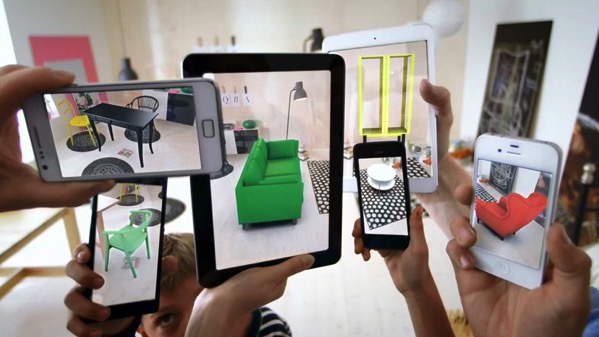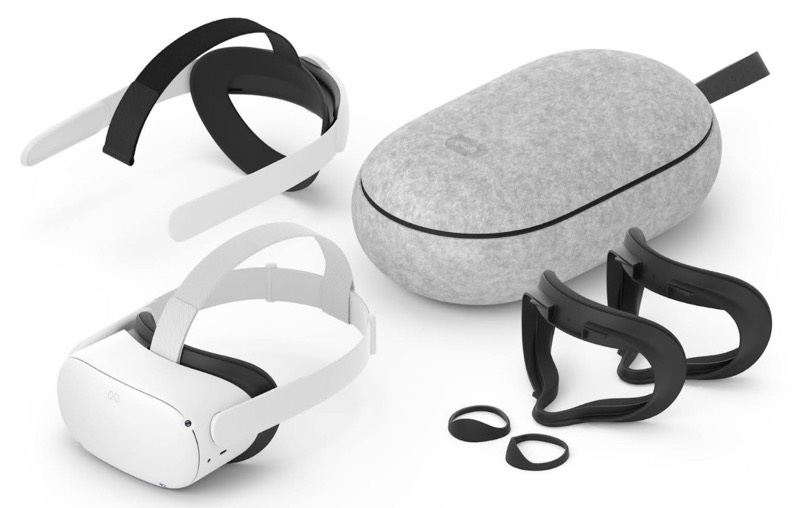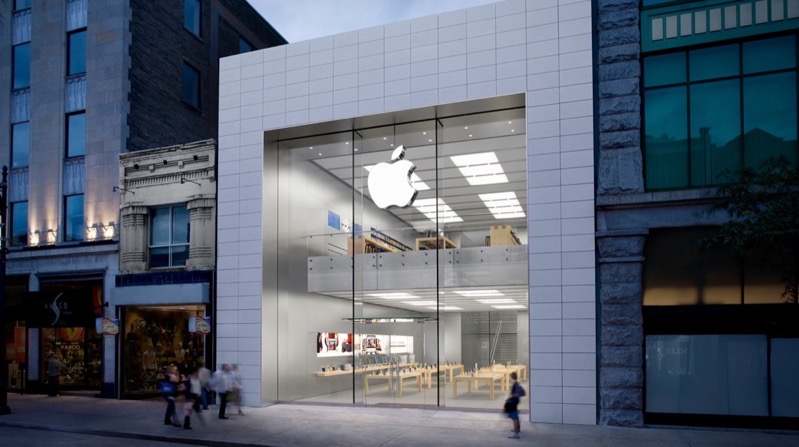
Why Apple Has Leapt Ahead of Google on Augmented Reality
Augmented Reality is said to be an important part of future technology, and while it may not have invented the technology, it certainly seems as if Apple has taken the lead on its development.

Apple dedicated a significant portion of its Worldwide Developers Conference (WWDC) earlier this month to announcing its ambitious new plans to bring VR to your Mac, and AR to your iPad and iPhone.
AR is expected to be a huge market. ABI Research predicts that the industry’s revenue – combining consumer and business software and hardware – will total $96 billion in 2021, up from $1.4 billion this year.
Despite its reputation as an innovator, Apple has a long history of being fashionably late to the party. “For us, it’s never been about being first to anything,” Cook said in a interview. Now, in a new report from The Verge, Apple has leapt ahead of the competition on AR development.
WWDC was the first time Apple publicly demonstrated its AR tech – and yet, it may already have the upper hand. Apple’s ARKit doesn’t necessarily work any better than Google’s Tango, for example – but Google requires special phones bristling with optical sensors.
Apple’s control over both its operating system and the hardware on which that software runs came up throughout the keynote. That highlights what Google really needs to worry about when competing with Apple: The fragmentation of Android, and how it performs across multiple different devices. This matters even when Google has a technical advantage.
Additionally, millions upon millions of iPhones are already eligible to run AR apps, and presumably, every new iPhone and iPad from here on out. One cannot say the same about Google’s AR platform, which not only requires each Android hardware partner to put a Tango sensor module in the back of their phone, but also sell consumers on these specialized handsets instead of sleeker ones without.
“When you bring the software together with these devices, we actually have hundreds of millions of iPhones and iPads that are going to be capable of AR,” Apple’s head of software, Craig Federighi, said. “That’s going to make overnight the AR kit the largest AR platform in the world.”
“Apple’s iPhone is more convenient than Google’s Project Tango devices and with iOS 11 it’ll have much better AR capabilities than its nearest premium Android rivals,” reads the report. “So if we’re looking for the AR innovator that will take the technology into the mainstream, Apple once again looks like the likeliest suspect.”

